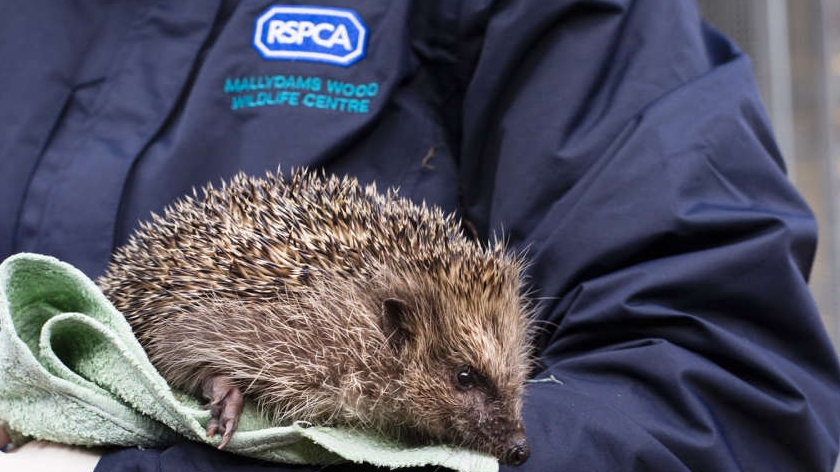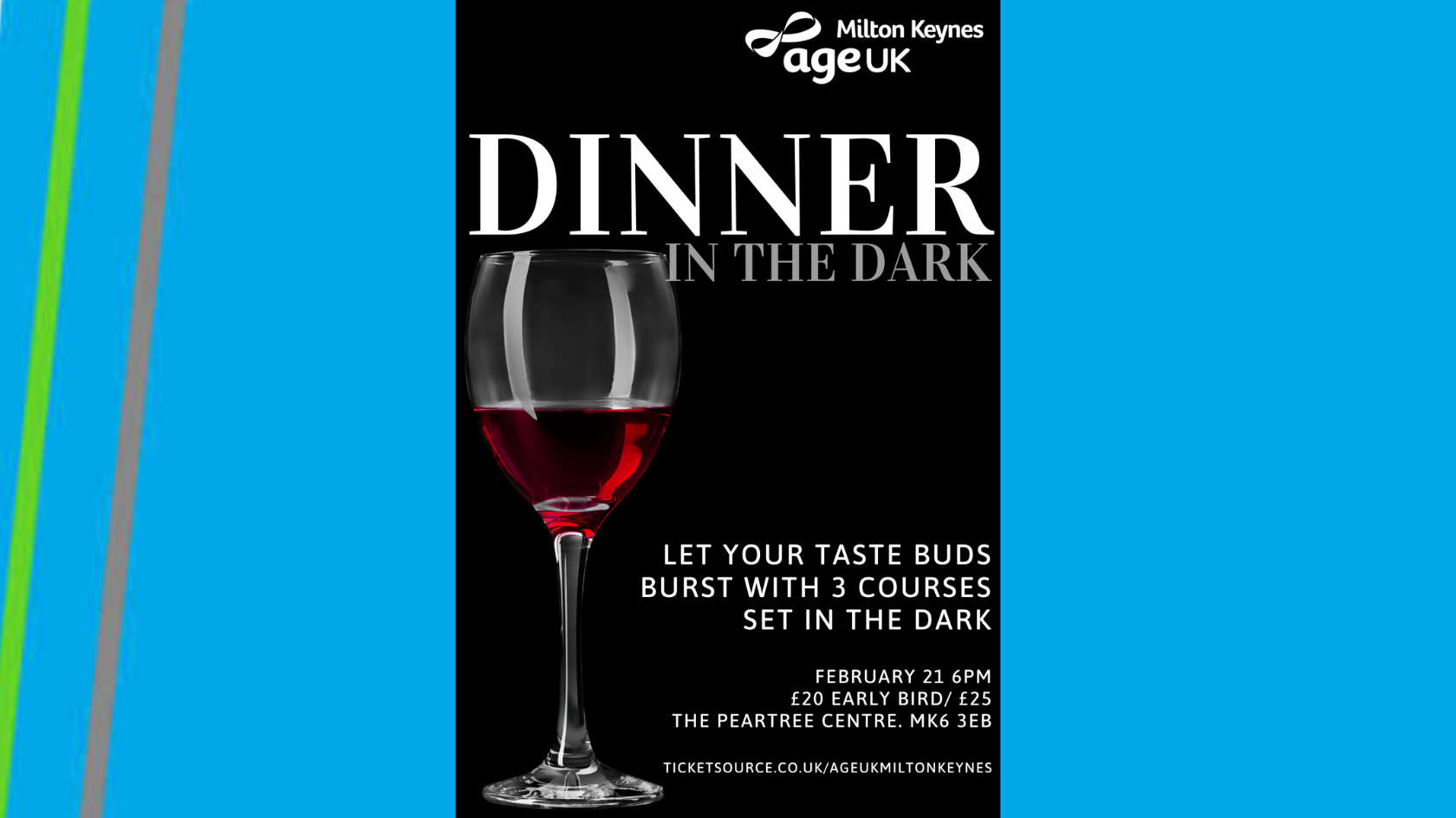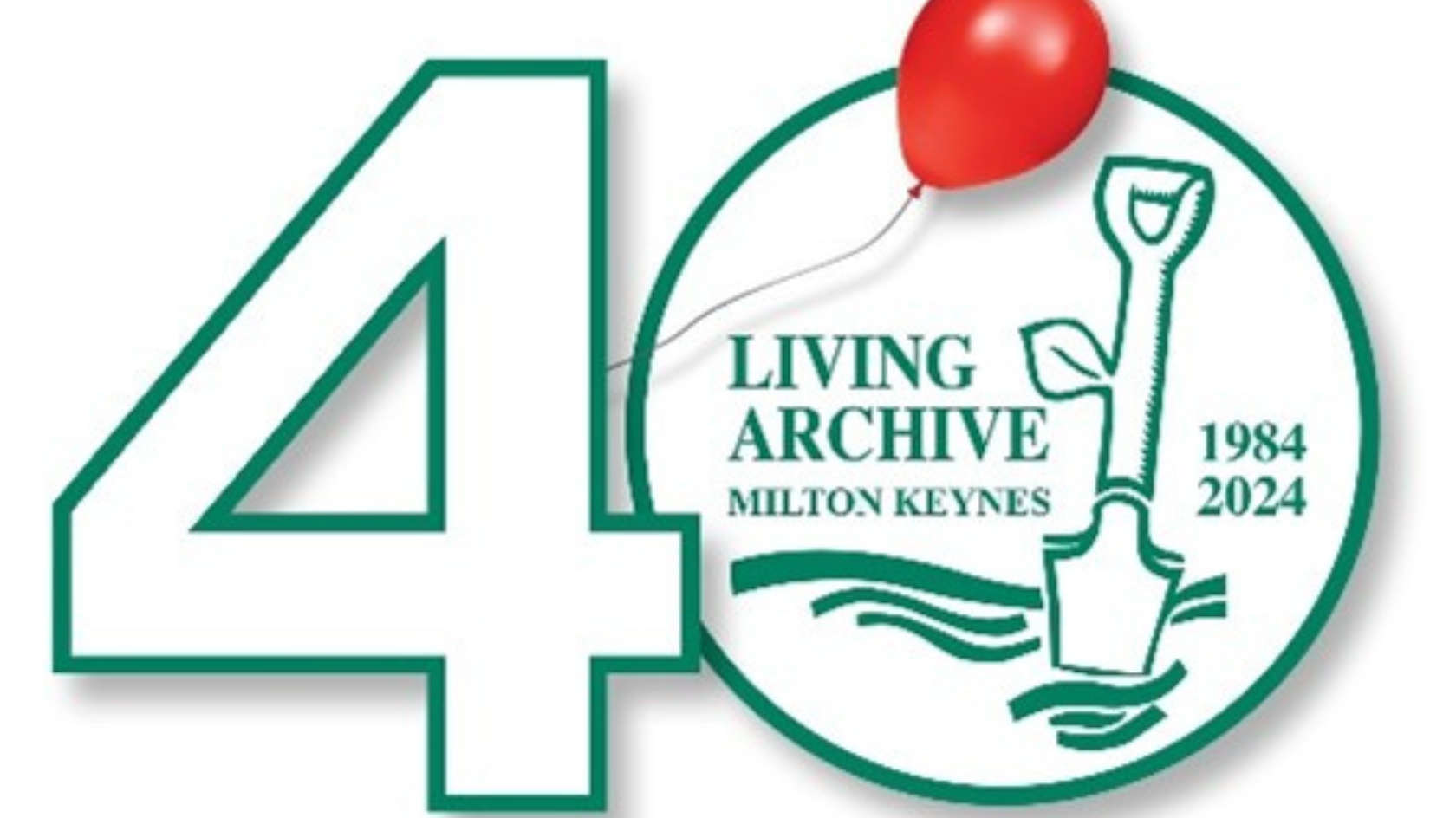
The RSPCA is providing online tips on how to help hedgehogs as they reach the annual summer peak time for calls.
During heatwaves, the RSPCA sees an increase in calls, the charity received a total of 2,591 calls about sick, injured and orphaned hedgehogs.
Residents are being reminded not to give the hedgehogs milk or bread, but to feed the small animals fresh water and foods like tinned dog or cat food and crushed cat or dog biscuits.
RSPCA scientific officer Evie Button said: “Calls to the RSPCA about sick and injured hedgehogs always peak during August, but this summer’s heatwave could sadly make things even worse, as the little animals’ food and water sources are likely to have been affected in many areas.
“To take the pressure off our helpline, we are urging animal lovers to check our online advice.
“People can help hedgehogs during the heatwave by supplementing their natural diet, leaving out fresh water and foods like tinned dog or cat food and crushed cat or dog biscuits.
“If the hedgehog is very young - roughly apple-sized - you'll need to soak the biscuits in water first. You can also get good quality, meaty hedgehog food from wildlife food suppliers. Check the food and water bowls each day and top them up with fresh water and food and remove any food that hasn't been eaten.
“Never feed hedgehogs milk or bread - milk can cause diarrhoea and bread isn't very nutritious.”
Evie continued: “We receive more calls about hedgehogs than about almost any other wild mammal. With a total of 6,120 calls taken last year, averaged out, we get about 17 calls a day relating to these iconic and beautiful animals.
“Because we get many calls about injured or trapped animals we have some useful tips to help keep hedgehogs safe in the garden. Please remember to remove sports and fruit netting, cover drains and holes, check before using a strimmer or mower, look in compost heaps before forking over and avoid using slug pellets as these are poisonous to hedgehogs.
“We also receive calls from concerned members of the public who have seen a baby hedgehog - a hoglet - on its own. Our advice is firstly to check whether they actually need rescuing, by watching from a distance.
“Generally, it's best to leave them alone as they’ll likely be looking for food, but there are a few things you can do to check if the hoglet does need help. If they’re larger than apple-sized (about 300g) and they’re not in immediate danger, sick or injured, monitor from a distance. If you're concerned, you can try offering food and fresh water. The best type of food to give hedgehogs is cat or dog food, whether that’s tinned or crushed biscuits - or you can buy good quality specialist hedgehog foods from wildlife food suppliers.
“During the summer months, only intervene straight away if you find a baby hedgehog in immediate danger (such as on a road), a baby hedgehog that weighs less than 300g (about apple-sized) without an adult hedgehog nearby, or if the baby is sick, injured or surrounded by flies.”
More details on what to do if you find a sick, injured or orphaned hedgehog as well as how to help them in your garden, can be found on the RSPCA’s website.















